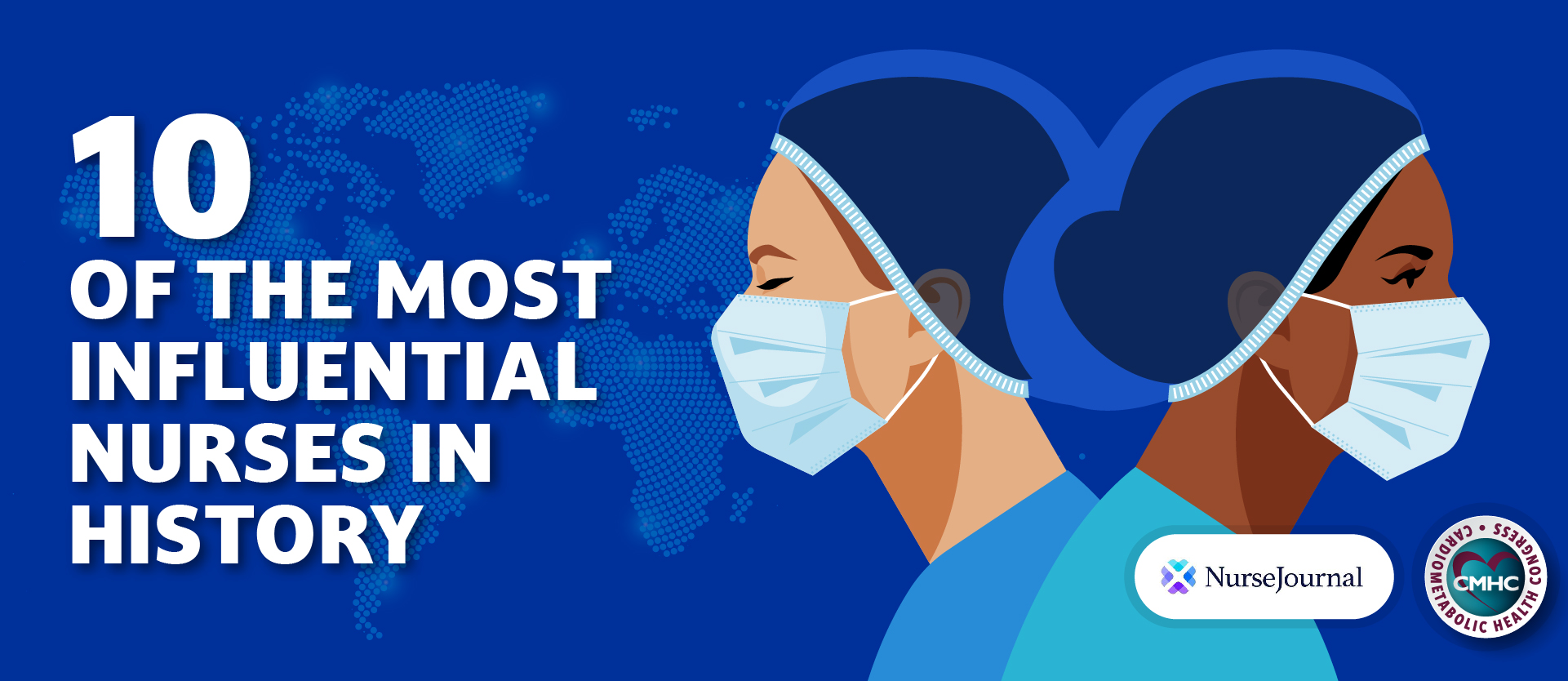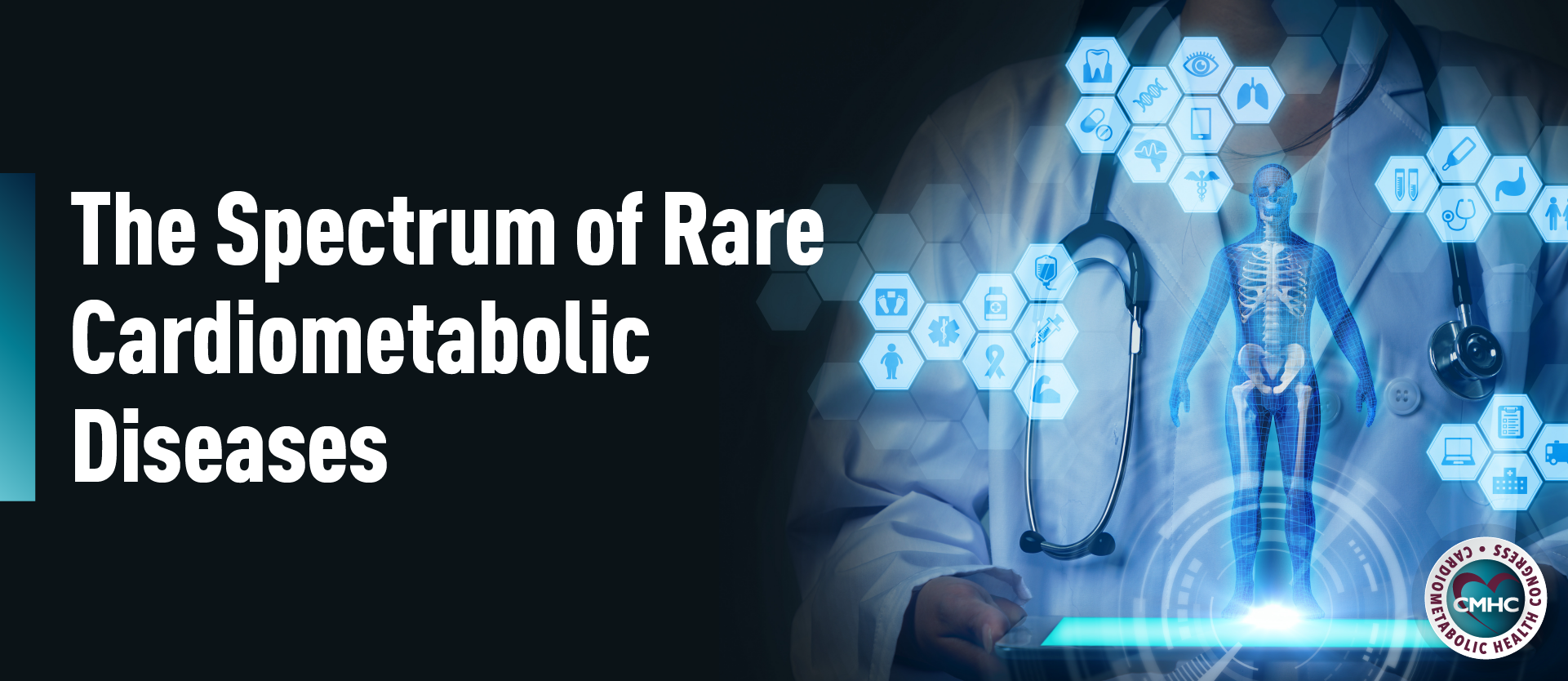Research suggests that those people with a non-O blood group have a slightly increased risk of cardiovascular disease: specifically, heart attack and stroke.
The research analyzed studies involving 1.3 million people; the data was presented at the European Society of Cardiology. The data found that 15 in1,000 people with a non-O blood group suffered a heart attack, compared to 14in 1,000 people with the O blood group. While the increase seems small, ‘when applied to a whole population the numbers become more important.’
Scientists suggest that these findings can be attributed to the fact that people with A, B, and AB blood have higher levels of a blood-clotting protein. Previous research has found that people with AB blood, the rarest type, are 23%more likely to suffer heart disease—the most vulnerable population.
Notwithstanding the findings, most cardiologists and physicians agree that a person’s risk estimation for cardiovascular disease is primarily determined by age, genetics, and other modifiable factors including nutrition and diet, and level of physical activity.

















